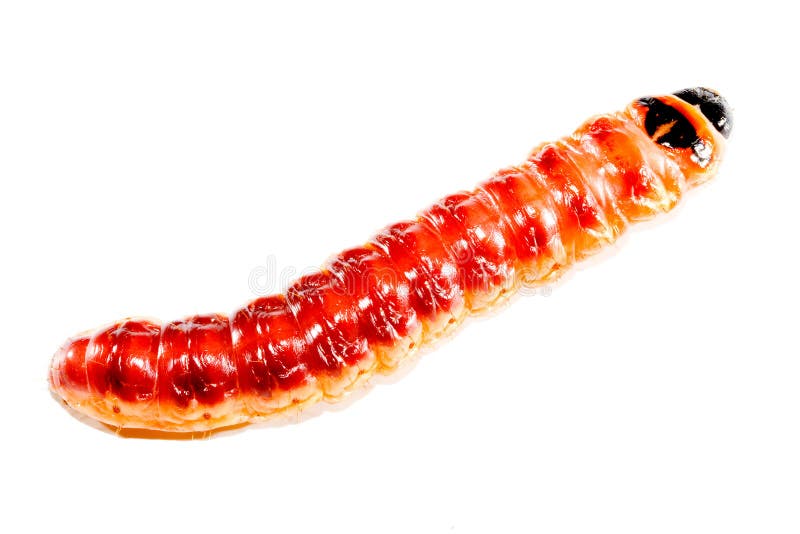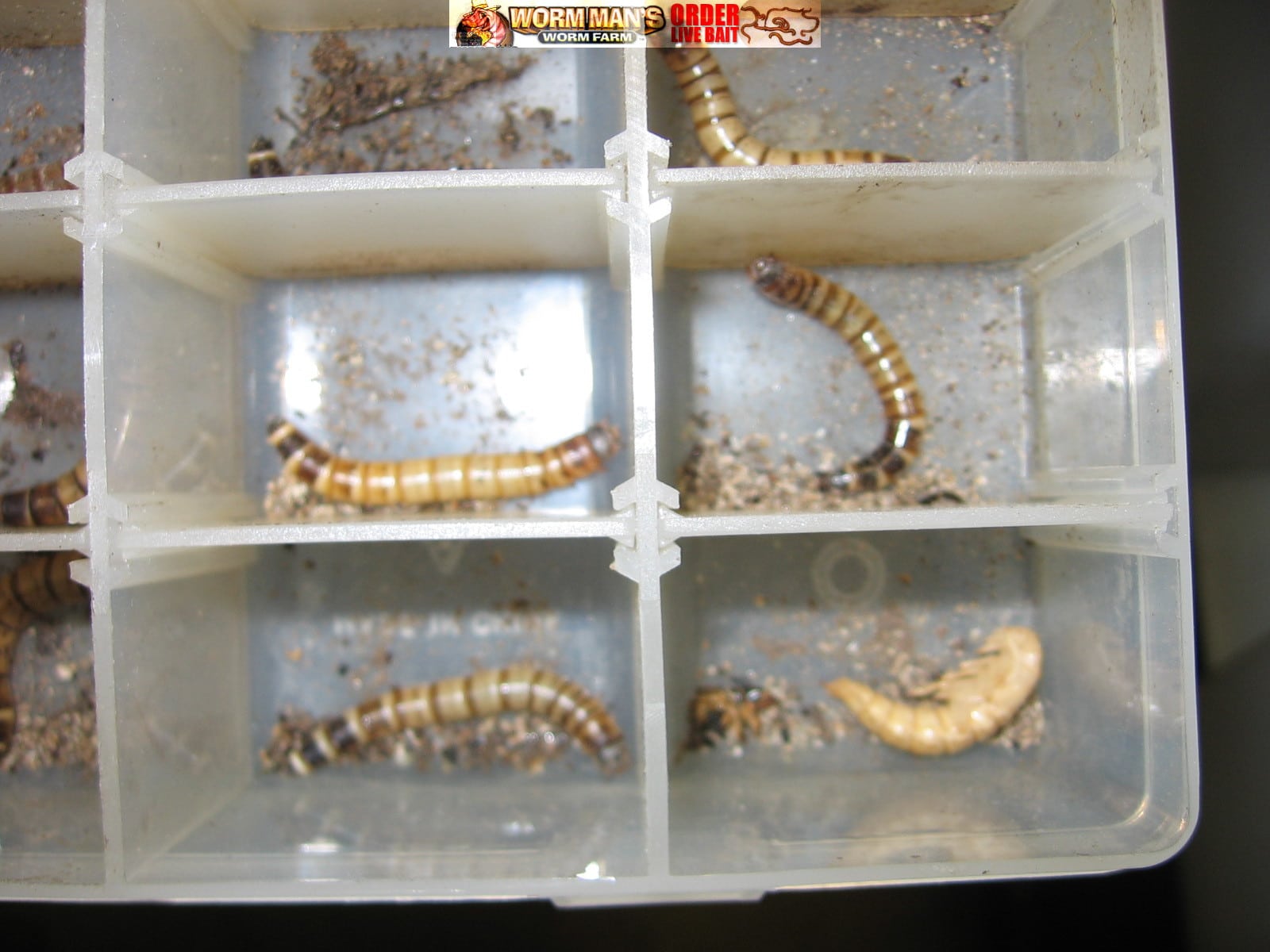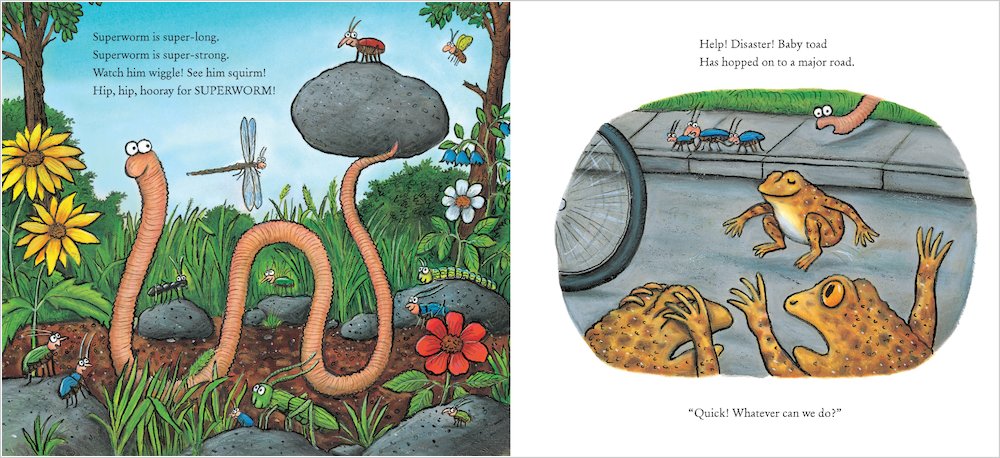


Polystyrene, a common ingredient in Styrofoam, is one of the most produced plastics in the world and can persist in the environment for decades. Because they are inexpensive and durable, plastics - which are manufactured from organic polymers - can take decades to degrade. According to a study published in June 2022, the insect has a special bacterial enzyme in its gut and a unique appetite for polystyrene - a type of plastic most commonly found in Styrofoam and other plastic foams.ĭarkling beetles survive in a wide range of habitats, and so do plastics.

Zophobas morio is a species of darkling beetle in the larval form that's native to a number of North American habitats, from deserts to forests and everything in between. A so-called “superworm” is equipped with its own new-to-science superpower: consuming and breaking down plastic products like Styrofoam.


 0 kommentar(er)
0 kommentar(er)
